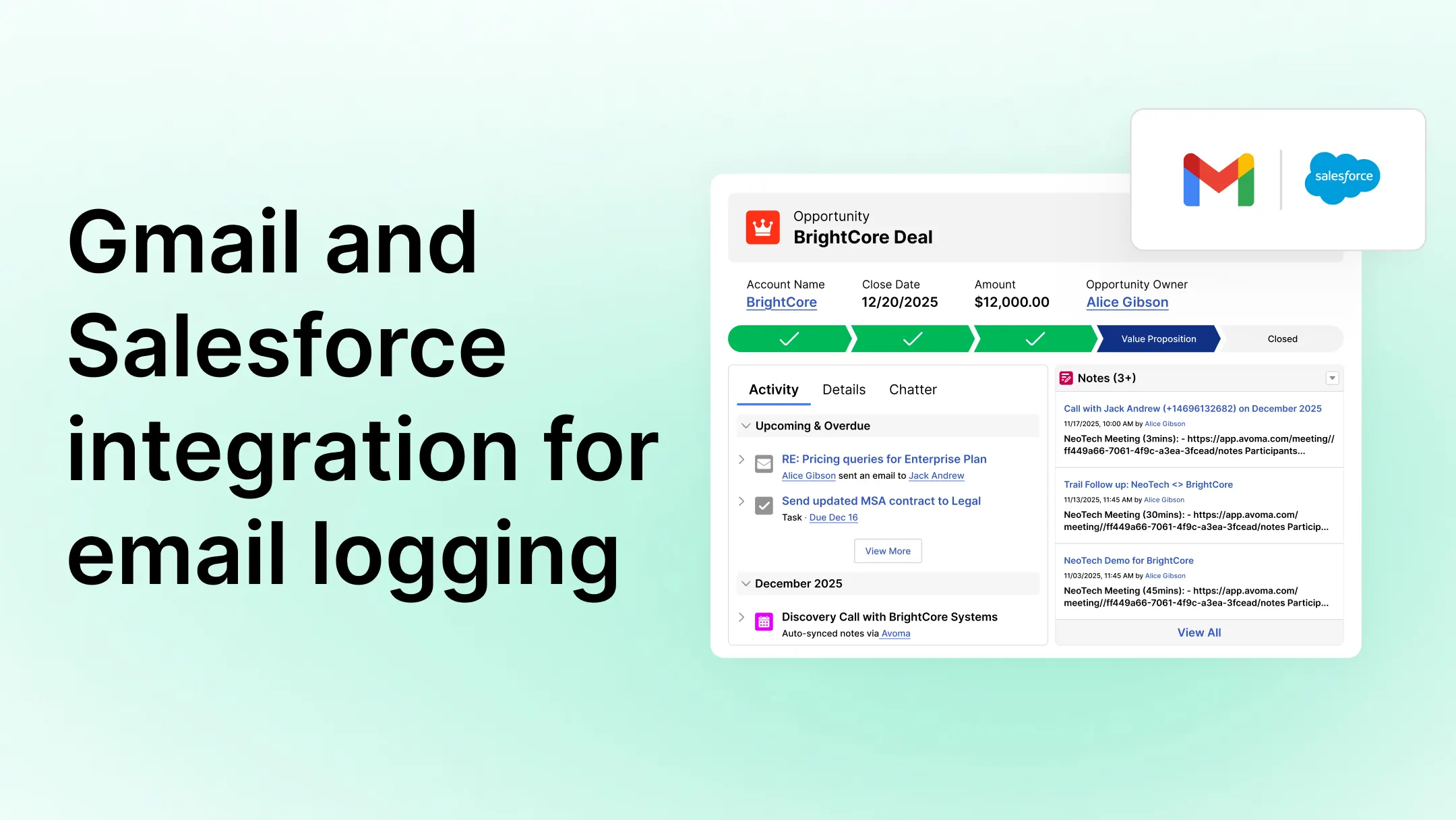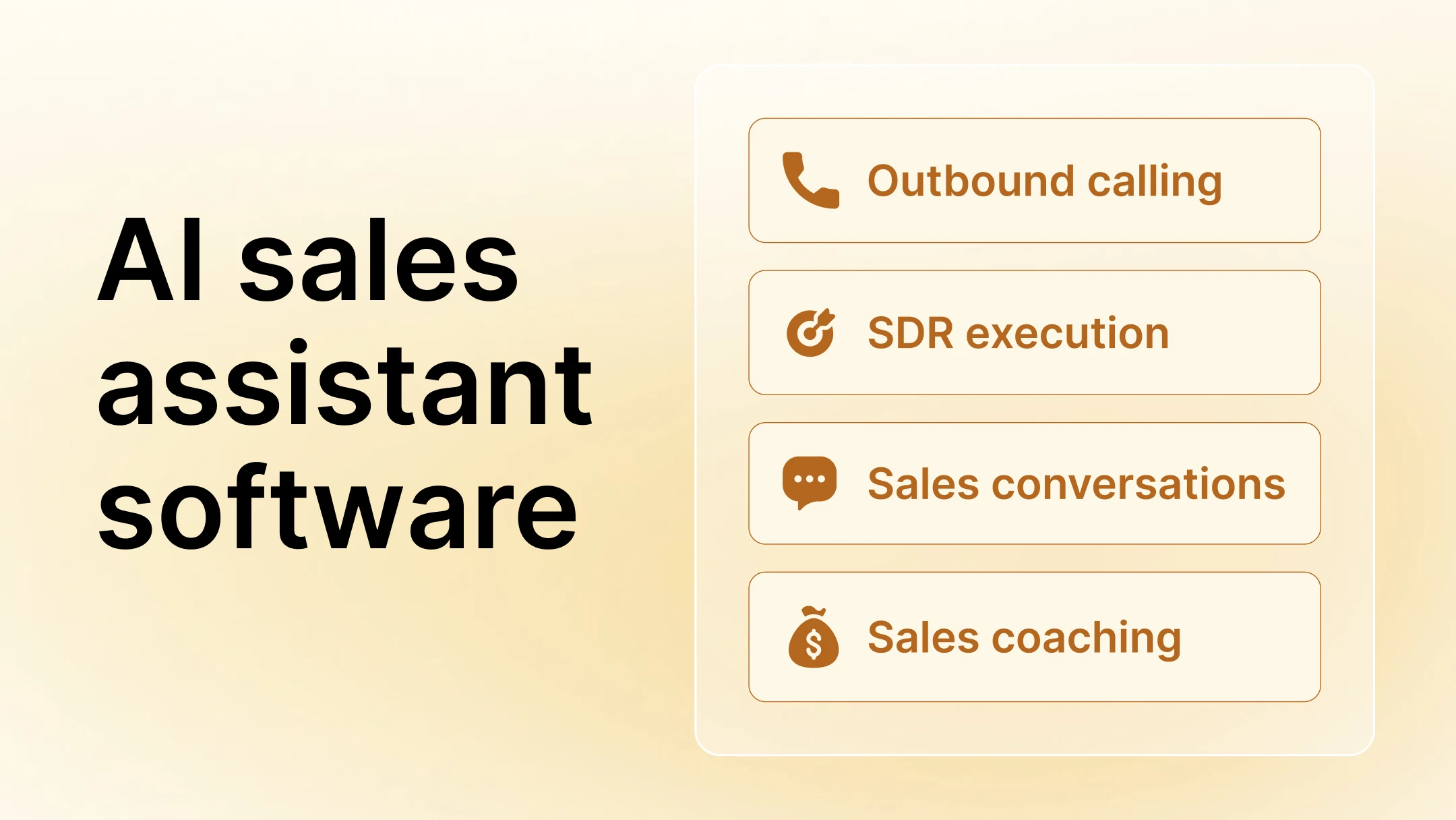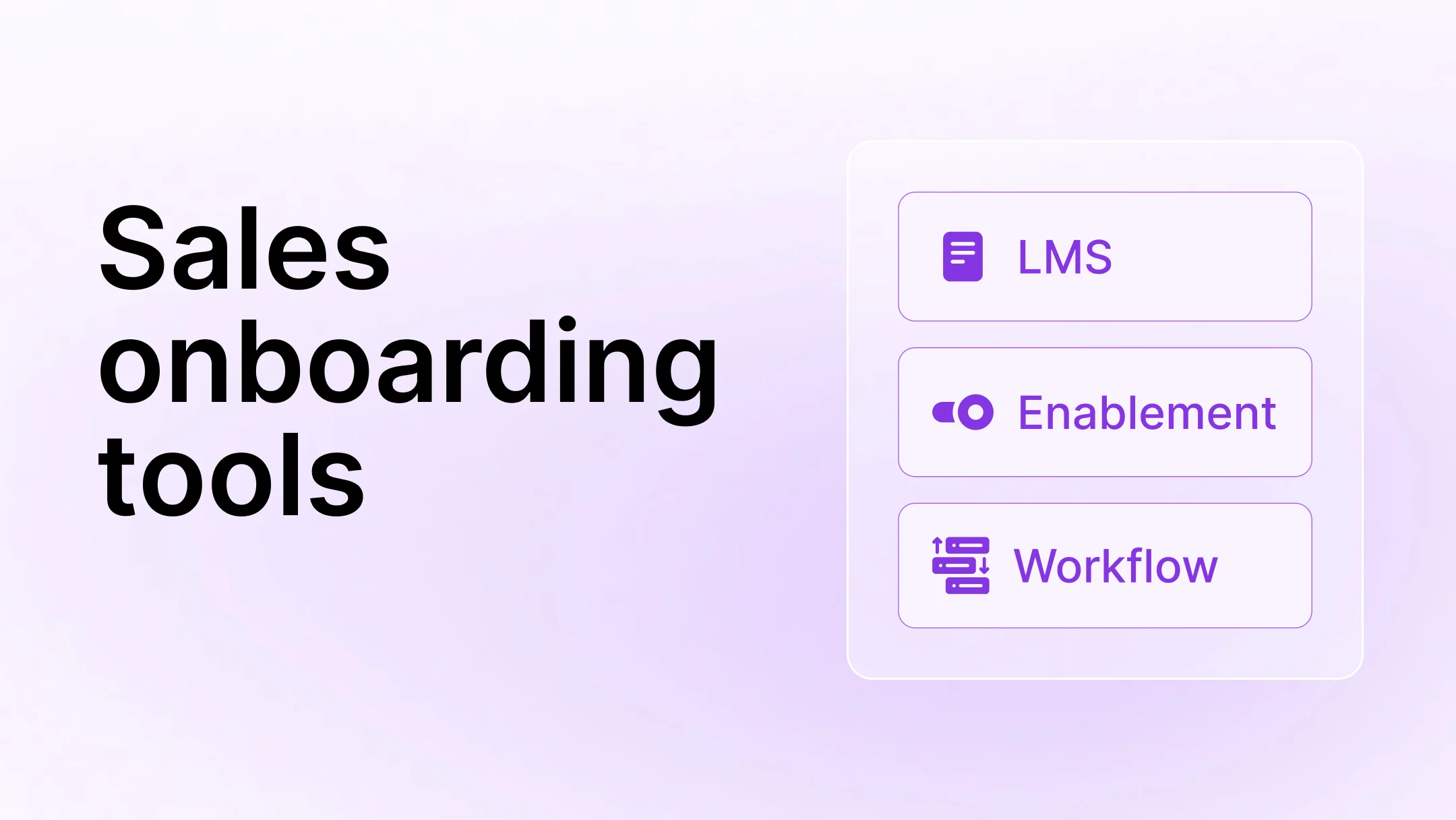5 Reasons Why You Should Record Your Next Meeting
Table of Contents:

When was the last time you left a meeting and said to yourself, “Gosh, that was a great meeting! I wish I could go back in time and listen to those few moments again”?
Probably not too long ago.
Unfortunately, the moment you walk out of that conference room or hang up your phone, the conversation you had in that meeting is lost, unless somebody was doing a diligent job of taking very detailed notes.
“I love taking detailed meeting notes”, said no one ever. And you’re not alone. That’s how most of the professionals feel probably at least once every week.
If you ask anybody how did the meeting go, they would probably tell you how they “felt” about it. They will say - “it was good” or “it wasn’t that great”, etc.
People always have a good understanding of the gist of the meeting conversation, it’s when you ask them to share specific details, that’s when they struggle. And that’s when they wish they should have recorded the meeting so they could go back and listen to it again and capture a few details.
With today’s advancements in technology like video conferencing solutions and smartphones, recording meeting conversations is easier than ever.
Along with helping you remember what you discussed in the meeting, recording meetings keep everyone accountable and help you improve how you interact with your meeting participants.
Here are some more reasons why you should start recording your next meetings.
1. Don’t miss out any details
Details are important, but they’re easy to overlook when you’re trying to take notes and still focus on your meeting. A recording ensures that you have all the important details and lets you review the meeting to uncover details you might have missed the first time around.
2. Have a reliable source of truth for what was decided at the meeting
Have you ever walked away from a meeting with one idea of what was decided only to talk to a colleague who had a completely different outlook? With recorded meetings, you can stop the back and forth and get quick answers about what was (and wasn’t) decided. This can clear up any confusion between you and your meeting participants so you can get to work taking actionable steps to complete the tasks at hand.
3. Keep everyone in the loop, even if they missed the meeting
Busy people often have to miss certain meetings as they’re double-booked or get dragged into solving some urgent and important task at hand. Having a recording of the meeting that they can go back and listen to makes it easier to fill everyone in on what they missed.
4. Improve how you handle yourself
Knowing how we conduct ourselves in a meeting is a challenge. When you’re in the heat of the moment, are you representing yourself and the company in the best way possible? Reviewing and analyzing a recorded meeting gives you a chance to review how you handled yourself in regard to customer objections and suggestions so you know where you need to improve. Continuing to review meetings will help you see where you still need to improve and work more.
5. Keep track of all meetings related to any project or customer
Recording meetings gives you a simple way to keep track of all meetings for a given project or a customer. You can review the previous meeting before going into the next one to make sure you’re still on track and that all the objections and questions that were raised previously have been handled before you delve into the next phase. This also keeps everyone accountable for sticking to their action items and covering their responsibilities.
In summary, recording meetings is one of the most helpful ways of making sure you make the most out of your meeting conversation.
In the next few days, we will explain the legalities of recording meetings, different ways of easily recording meetings, and types of meetings you should absolutely record meetings vs you should not. Stay tuned for additional posts on this topic.
Frequently Asked Questions






What's stopping you from turning every conversation into actionable insights?









